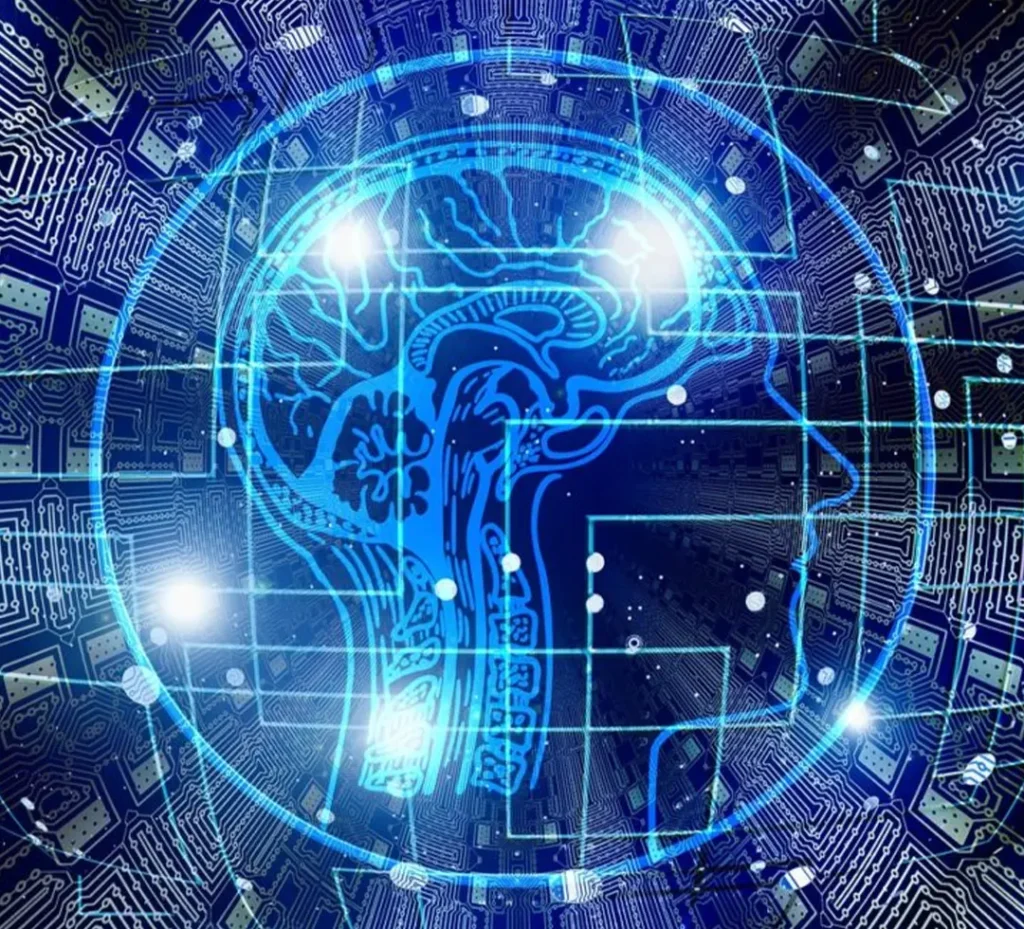
Quantitative Electroencephalography - Advanced EEG Testing for Brain Injury Assessment
Quantitative Electroencephalography (qEEG) is a specialized method utilized to measure and analyze the electrical activity within the brain. This technique involves the placement of electrodes on the scalp to record brainwave patterns, which are then scrutinized using computer algorithms to extract quantitative metrics of brain function.
In the realm of traumatic brain injuries (TBIs), qEEG proves to be a valuable asset for detecting and evaluating abnormalities in brainwave activity that may arise from injury or dysfunction. Through comparison of qEEG findings with normative databases or age-matched controls, clinicians can pinpoint deviations indicative of TBI-related pathology.
While qEEG does not provide structural images of the brain akin to MRI or CT scans, it offers crucial insights into functional brain activity and connectivity. Alterations in brainwave patterns identified by qEEG can assist in localizing and characterizing abnormalities within specific brain regions or functional networks, thereby aiding in the diagnostic assessment and treatment planning for individuals afflicted by TBIs.
Clinically, qEEG finds utility in assessing cognitive function, monitoring treatment response, and guiding rehabilitation interventions for TBI patients. It furnishes valuable insights into the underlying neurophysiological changes associated with TBI, enabling healthcare providers to tailor patient care strategies effectively.
Diagnostics List
Get in Touch

Clinical Applications of QEEG
QEEG is utilized in the assessment and management of a wide range of conditions, including:
Concussions and Traumatic Brain Injuries: Identifying areas of the brain affected by injury and monitoring recovery progress.
Epilepsy and Seizure Disorders: Localizing seizure foci and assessing treatment efficacy.
Attention-Deficit/Hyperactivity Disorder (ADHD): Evaluating brain wave patterns to aid in diagnosis and treatment planning.
Anxiety and Depression: Identifying neural correlates of mood disorders to guide therapeutic interventions.
Sleep Disorders: Analyzing brain activity during sleep to diagnose conditions like insomnia or sleep apnea.
Chronic Pain: Assessing brain function to develop comprehensive pain management strategies.
By providing a quantitative analysis of brain activity, QEEG enhances the understanding of these conditions and supports the development of personalized treatment plans.
Benefits of QEEG
Objective Assessment: Provides a data-driven evaluation of brain activity, reducing reliance on subjective interpretation.
Personalized Treatment Plans: Facilitates the development of tailored interventions based on individual brain function.
Non-Invasive: Involves no surgery or injections, making it a safe option for patients of all ages.
Comprehensive Understanding: Offers insights into brain function that complement other diagnostic tools, such as MRI or CT scans.
Monitoring Progress: Enables tracking of changes in brain activity over time to assess the effectiveness of treatments.
Why Choose QEEG in Kansas City
Utilizing QEEG technology allows healthcare providers to gain a deeper understanding of brain function, leading to more accurate diagnoses and effective treatment plans. For patients in Kansas City and surrounding areas, QEEG offers a valuable tool in the assessment and management of various neurological and psychological conditions.

